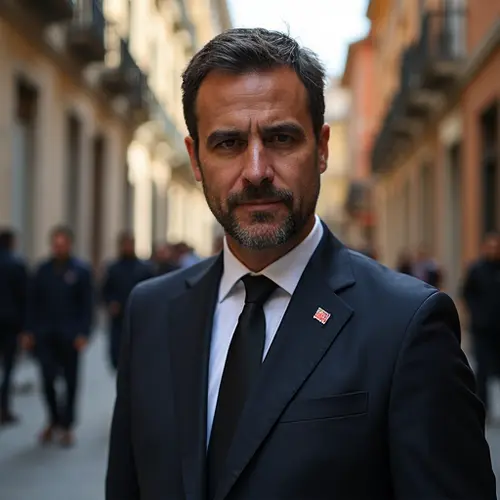Spain Takes Lead in EU Time Change Debate
Spanish Prime Minister Pedro Sánchez has announced that Spain will actively push for the abolition of daylight saving time at the European Union level, with the goal of ending the twice-yearly clock changes from 2026. In a video published on social media platform X on Monday, Sánchez made his position clear: 'Frankly, I no longer see any reason for this,' he stated, highlighting growing concerns about the practice's impact on citizens' lives.
Public Opinion and Scientific Evidence
The Spanish initiative comes amid mounting evidence that daylight saving time no longer serves its original purpose. Sánchez pointed to multiple surveys showing that a majority of EU citizens oppose the time switch, including a significant 2018 European Commission survey where 84% of respondents favored ending the practice. 'No energy is saved through the measure, but human biological rhythms are disrupted twice a year,' the Prime Minister emphasized, reflecting growing scientific consensus about the negative health effects of time changes.
Historical Context and Current Status
Daylight saving time was reintroduced across Europe in 1980 with the aim of making better use of daylight hours and conserving energy. However, recent studies have questioned these benefits. The European Commission under then-President Jean-Claude Juncker had pledged to end the practice following the 2018 survey, but the initiative stalled as member states failed to agree on whether to adopt permanent summer time or standard winter time.
According to Wikipedia data, many countries worldwide have already abolished seasonal time changes, including Argentina, Armenia, Azerbaijan, Belarus, and Russia. The EU proposal requires approval from both the European Parliament and the Council of the European Union, making Spain's renewed push particularly significant.
What's Next for the EU?
The timing of Spain's announcement coincides with the upcoming clock change on October 26, when clocks will go back one hour, ending Central European Summer Time. Sánchez's commitment to making 2026 the final year for time changes adds fresh momentum to a debate that has been stagnant for years.
Energy expert Dr. Maria Fernandez commented: 'The original energy-saving rationale for daylight saving time has been largely debunked by modern research. What remains are the documented negative effects on sleep patterns, productivity, and even cardiovascular health.'
As Spain prepares to take its case to Brussels, other EU member states will be watching closely. The success of this initiative could mark a significant shift in how Europeans experience time throughout the year, potentially ending a practice that has divided opinion for decades.

 Nederlands
Nederlands
 English
English
 Deutsch
Deutsch
 Français
Français
 Español
Español
 Português
Português










